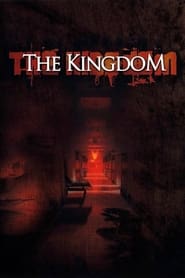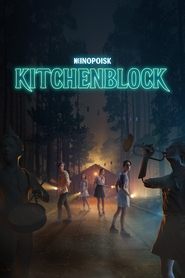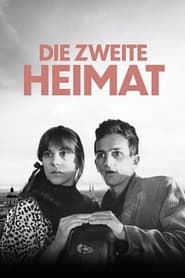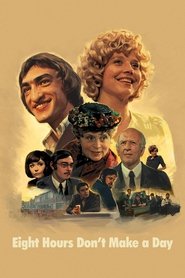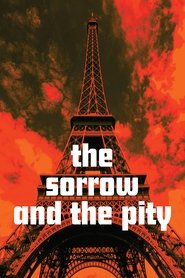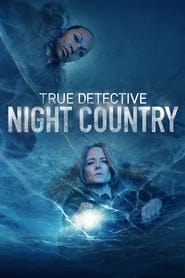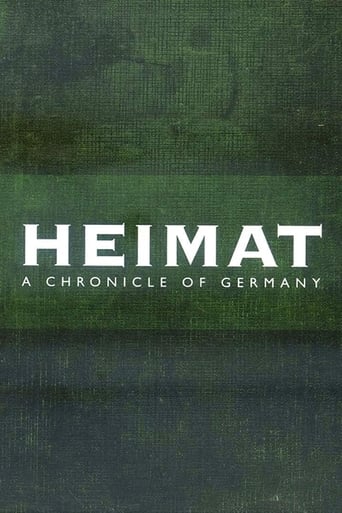
1918 (November) -- World War I ends.
1919 -- the Weimar Republic is set up at Weimar, Germany. Katharina and Mathias Simon live in the small village of Schabbach in the Hunsrick area of Germany. They have three children: Eduard, Pauline and Paul. Eduard has health problems with his lungs and has to be careful with his body. Following the end of World War I, Paul Simon walks at least part of the way home to his little village. He sees his father busy at his blacksmithing duties as usual. Dad doesn't skip a hammer blow when his son shows up suddenly. Paul just joins in the hammering. His mother and sister are more excited about seeing him, but their reaction it is still somewhat subdued from what one might expect on such an occasion. Paul's response is also very subdued. It's as if he were still in the POW camp in France from which he was released. Perhaps he felt as if he was simply going from one prison to another kind of prison. The people of the village start to show up at Paul's house and they are much more excited than any of the Simons, at least outwardly, to see Paul return. Paul starts to fall in love with Apollonia. This again indicates an attitude of distance from the village because Apollonia, who is called a gipsy for her ways and her darker features, has been socially ostracized by the village for her fraternization with a Frenchman. Apollonia even gets pregnant by the Frenchman. She likes Paul saying that he is the only village resident who is nice to her. One day she actually asks Paul to run away with her by staying on the train with her instead of getting off at Schabbach and settle elsewhere. Paul is a bit tempted, but he settles for caution and returns to his home. And then all of a sudden Paul marries the lovely Maria, the daughter of the wealthy town mayor Wiegand and brother to the egotistical and somewhat sadistic Wilfried. They have two sons, Anton and Ernst. Paul becomes a real radio enthusiast and builds his own radio, which takes some doing since the small village does not have most of the components. He then puts on a little picnic concert with some of the villagers, the radio providing the entertainment. The villagers are enchanted to hear the music on the radio and Paul is seen as a kind of local hero for his accomplishment.
Just when it seems that Paul is adjusting somewhat to village life, one day he just simply walks away from the village without one word to anyone. (This is just after a bit of symbolism with his setting a trap for a bothersome pine marten. To Paul the village was his trap.)
1923 -- inflation explodes prices upward creating great problems in Germany. Adolf Hitler's Munich Putsch fails and he is imprisoned. In prison he writes his Mein Kampf (My Struggle)
| Title | Heimat - Season 1 Episode 1 The Call of Far-Away Places (1919-1928) |
|---|---|
| Year | 1984 |
| Genre | Drama |
| Country | Germany |
| Studio | Das Erste |
| Cast | Kurt Wagner, Marita Breuer, Rüdiger Weigang, Gertrud Bredel, Karin Rasenack, Willi Burger |
| Crew | Nikos Mamangakis (Music), Gernot Roll (Cinematography), Heidi Handorf (Editor), Joachim von Mengershausen (Producer), Hans Kwiet (Producer) |
| Alternative Titles | Heimat - Eine deutsche Chronik, Heimat: A Chronicle of Germany |
| Keyword | germany, small town, world war ii, narration, forbidden love, photography, change, disappearance, historical, family, generational, yearning |
| First Air Date | Sep 16, 1984 |
| Last Air date | Nov 04, 1984 |
| Season | 1 Season |
| Episode | 11 Episode |
| Runtime | 90:14 minutes |
| Quality | HD |
| IMDb: | 7.80/ 10 by 27.00 users |
| Popularity | 11.515 |
| Language | German |
 4K
4K 4K
4K 4K
4K